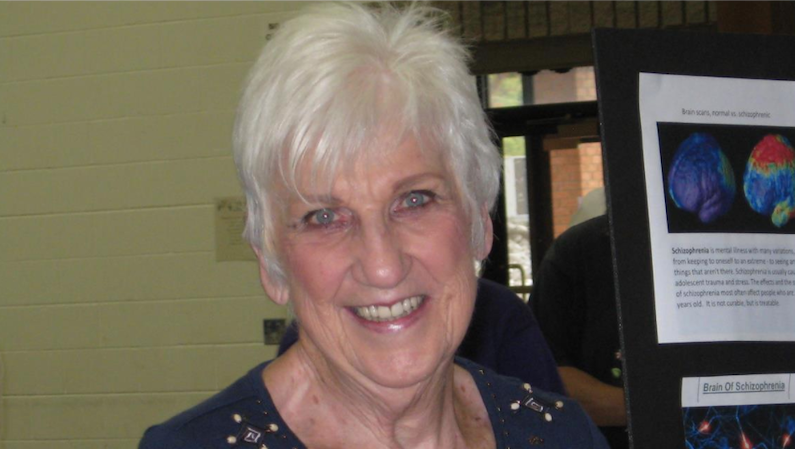Coping with life is a day-to-day challenge for most people, whatever their age or gender. But for folks who have disorders like bipolar or depression, coping can be a minute-to-minute challenge.
Almost all mental disorders produce emotional needs, not only for the one trying to cope with their symptoms, but also for the family, spouse and co-workers. Untreated mental illness can bring on special challenges to relationships and also lead to everyday pitfalls for the ill person and their loved ones. Developing some coping skills will ease the situation for all concerned.
Using coping skills offers a good day-in, day-out possibility. Common skills for the mentally ill are to add structure to your day, such as maintaining a regular daily schedule, following a good diet and exercising regularly. There are also other proven techniques that work and are worth trying.
Emmie Pombo, a blogger on NAMI’s national website, offers seven different self-help tips that can be added to your Coping Toolkit:
- Deep breathing (best way to calm anxiety).
- Opposite-to-emotional thinking (if you are thinking negative, think positive).
- Using your five senses (when symptoms are triggered, see, feel, hear, smell and taste).
- Mental reframing (think of emotion or what’s stressing you in another way).
- Having emotion awareness (if you are feeling anger, let yourself feel it and then take action to rid yourself of the unhealthy feeling).
- Radical acceptance (the idea that no matter what, you cannot change a situation, so you accept it and try to find a way around it).
Acceptance is one of the stumbling blocks of mental illness for both the individual and those who love them. The fact is that a mental illness is a mental illness. Denial is just a waste of energy. Accept yourself. Accept the condition. Take the necessary steps to care for yourself.
The point to remember is that you cannot control that you have a mental illness, but you can control how you manage it and how you respond to your symptoms. Having a Coping Toolkit is a good idea to have on hand when you find yourself in an emotional crisis. It’s not much different from having a tornado safety plan.
If you are in crisis, reach out and get help. Call 2-1-1 or 800-273-TALK (8255).
Submitted by Dodie Melvin, director, National Alliance on Mental Illness (NAMI) Knox/Licking County, Ohio.







